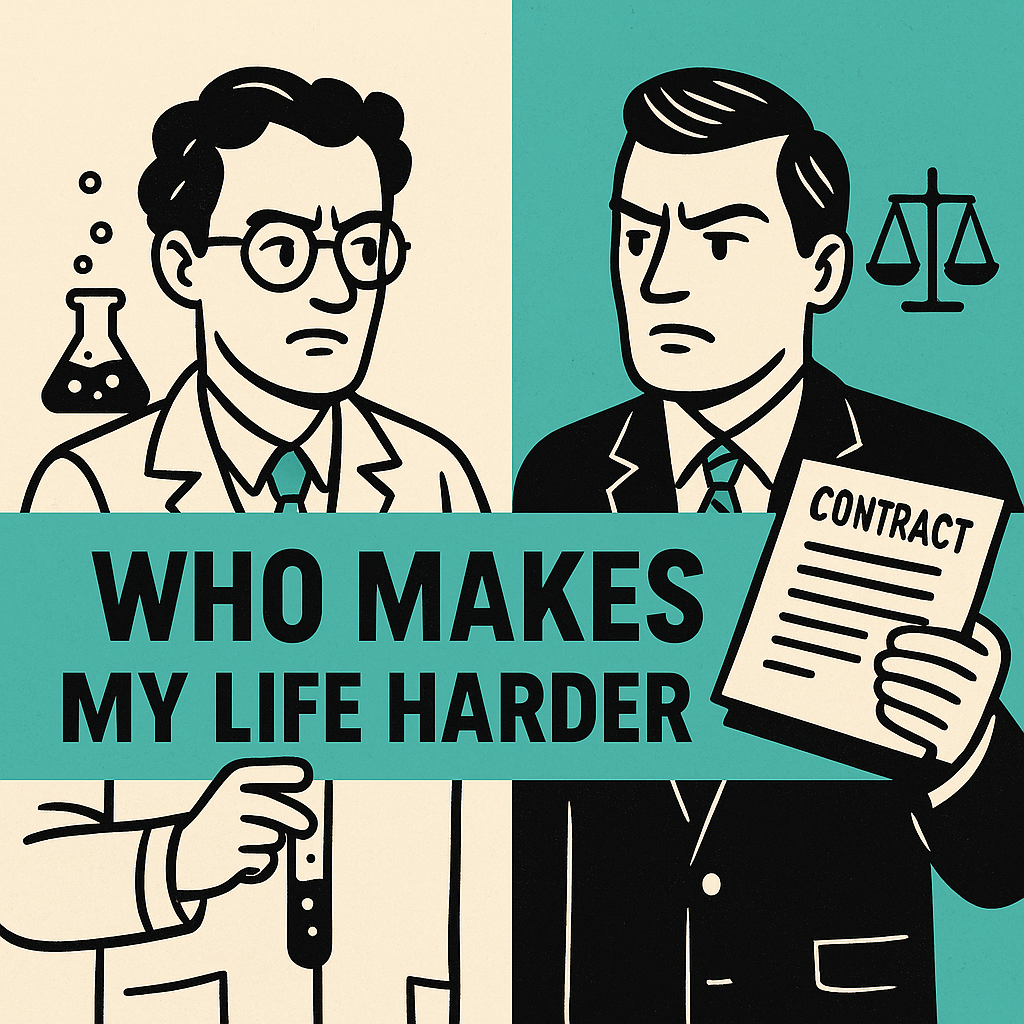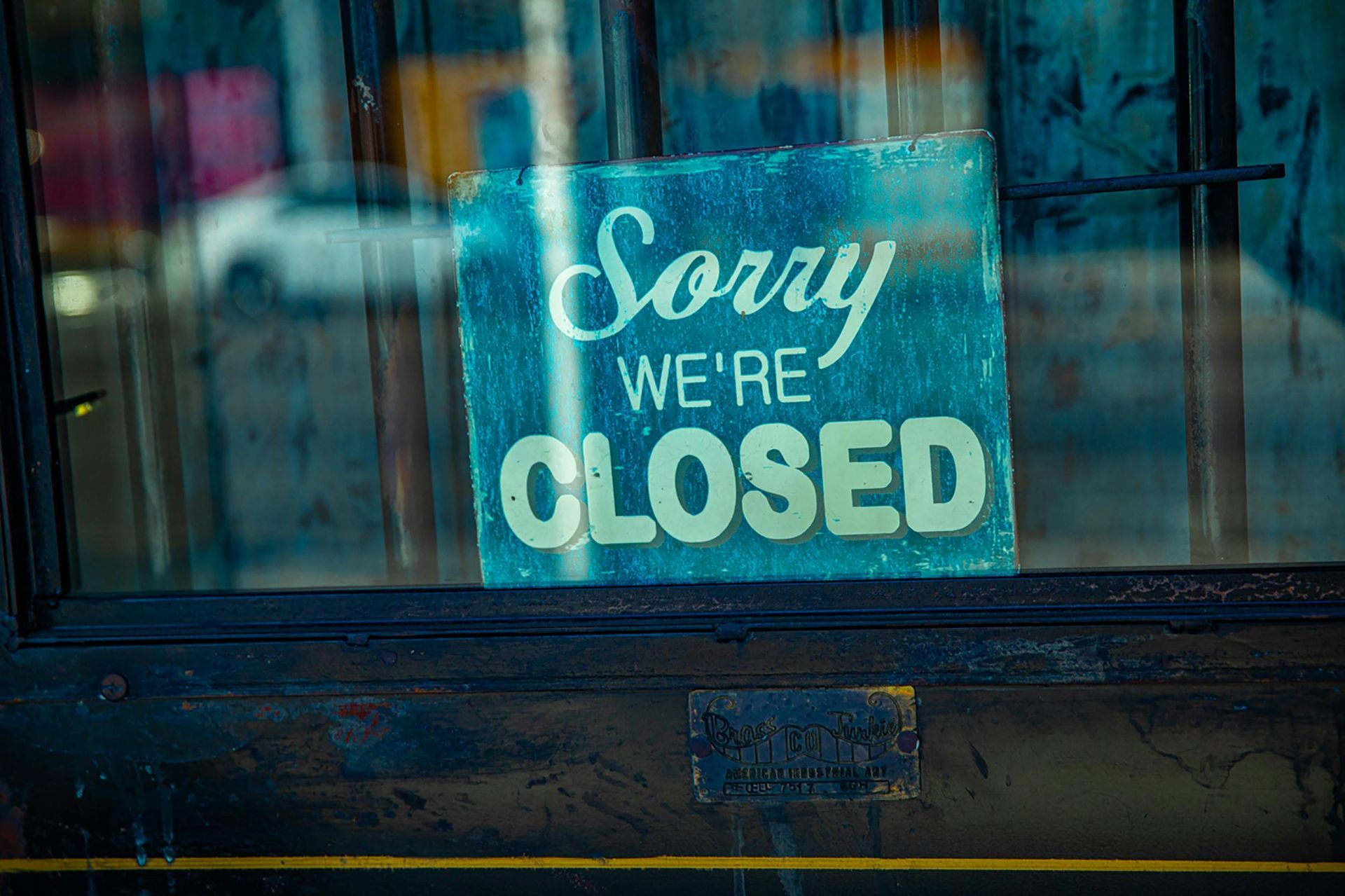The Pitfalls of Working from Home: Thoughts of Eric Schmidt
When "winning" is secondary?
As remote work continues to be a dominant mode of operation, it’s important to consider its potential downsides, a topic Eric Schmidt, former CEO of Google, has spoken about.
Schmidt has expressed concerns that the isolation of working from home can stifle creativity, reduce collaboration, and ultimately diminish the culture that drives innovation. He argues that in-person interactions are crucial for brainstorming, mentoring, and building the trust necessary for cohesive team dynamics.
Schmidt's perspective underscores that while remote work offers flexibility, it may also lead to a lack of spontaneous collaboration and innovation. The absence of face-to-face interactions can hinder the organic exchange of ideas that often sparks creativity. Moreover, the erosion of company culture, which thrives on shared experiences and values, is a significant risk. Teams may struggle to maintain a unified vision and momentum when they are not physically together.
In the long term, these pitfalls could impact not just productivity but also the overall success of companies relying too heavily on remote work.
Balancing the benefits of remote work with the need for in-person collaboration might be the key to sustaining innovation and a strong company culture
Contact Us
Hiring is data. Retention is psychology. The best companies get both right - only the exceptional make it a strategy
















